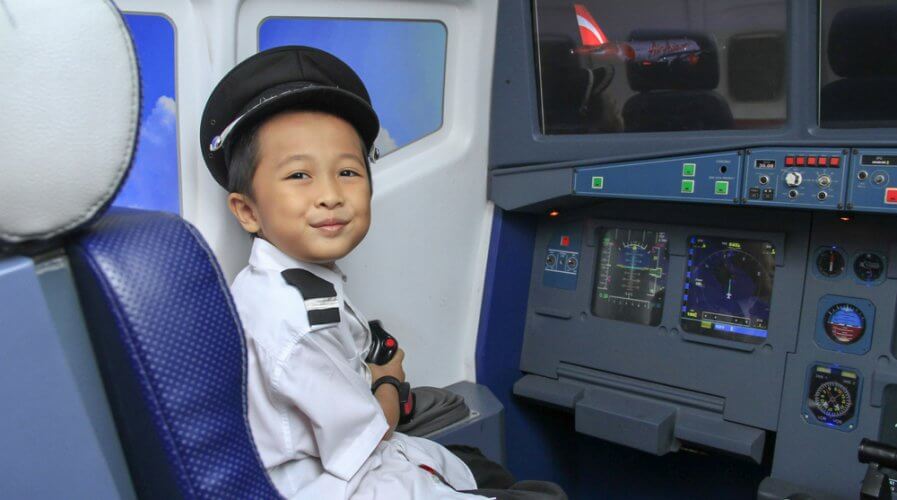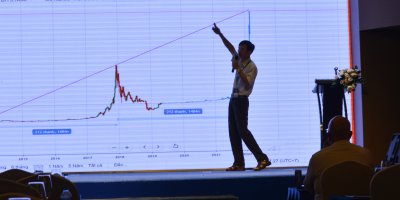
Kidzania uses data to understand children’s behavior. Source: Shutterstock
Kidzania believes long-term data projects can make a long-term difference
TECHNOLOGIES such as the internet of things (IoT) and edge computing make it possible for companies to collect petabytes of data every day.
Most of that data, however, is used for projects designed to benefit companies in the present than in the future. It’s why most are focused on analyzing data in real-time and automating decision-making via artificial intelligence (AI) and machine learning (ML).
While KidZania Global Director of Education Dr. Ger Graus OBE understands that the focus on short-term projects is a result of the need for companies to deliver value to shareholders every quarter, he believes that commercial entities also need to take up long-term projects that use data to create value for the business as well as society.
“Very few companies have gone down the route of longer-term thinking, thinking about impact, and thinking about not marketing, but perhaps the good that they could do,” Graus told Tech Wire Asia.
Shaping the future of education with data
Graus has been working with KidZania since November 2014, looking at the data they collect about the children that visit its experiential learning centers in 24 countries to create long-term value.
The data, of course, is anonymized, and limited to the age and gender of the child and the sequence of activities they choose to engage in while at the facility — all tracked via a wristband issued on entry.
In his opinion, analyzing the data, to find the hidden trends behind children’s choices, has put him in a position to take education in a new direction altogether.
Graus’ research thus far has revealed that “between the age of four and 14, almost all girls, regardless of their background, choose activities below their age range, and almost all boys choose activities above their age range.”
“Further, children can only aspire to what they know. So children from deprived socio-economic backgrounds, who have had fewer life experiences, will choose very different activities from children whose parents are affluent and have already been taken to lots of places.”
The research also suggested that cultural backgrounds played a negligible role in the choices made by children.
“It strikes me that in a world that is so fast-changing, many children will be doing jobs that do not yet exist, that change and adaptability and resilience will be very important.
“And that the better we know our children, not just our classroom results, the better chance we have to tailor our schooling around the needs of both the children and the world around.”
Long-term success needs collaborations
KidZania has been working on its data project for more than five years now — and Graus’ research is constantly evolving, gaining interest across the world.
It’s why the company has decided to favor collaborations with governments as well as leading universities such as Tecnológico de Monterrey in Mexico, to maximize the value and impact of the end result.
Graus acknowledges that companies don’t resist long-term data projects because they don’t want to make a contribution to society. The reality is quite the contrary, but companies don’t know where to start.
“KidZania probably had the same problem. They collected the data but didn’t see the impact they could have until they decided to work with an educationalist like me.
“It’s why companies must recognize that they can’t do it all themselves. Companies must look for partners to help them get more value out of their data.”
While data presents a great opportunity, the reality is that companies have only recently started collecting data and understanding data. As data maturity increases, it’s expected that companies will work on more long-term projects that impact their business and society more positively.
After all, as Graus puts it, “which company would not be proud to be able to stand up and say they made a contribution to education or society and changed the course of the future?”.
READ MORE
- Aviation giant Airbus turns to chatbots to engage top talent
- In the digital economy, MoneyGram focuses on getting the basics right
- How FedEx uses technology to delight customers in the digital era
- FedEx Express/Ground collaboration will improve last-mile delivery
- Growth is fabulous: Why Foodpanda’s app and team are growing rapidly




